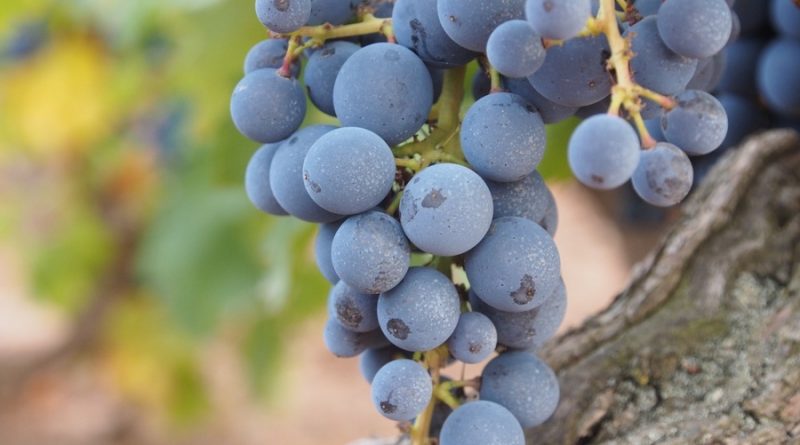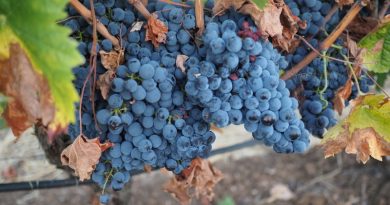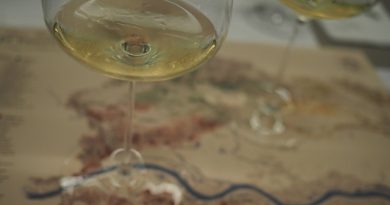Does knowledge enhance the enjoyment of wine?
I once went to a lecture by an eminent philosopher who also happened to be a bit of a wine nut. The point of his lecture? He was addressing the question that I’ve titled this short piece with, and his answer was no. Now, I’m not an eminent philosopher. Actually, I’m neither eminent nor a philosopher. But I think he’s wrong.
Why? Because of the way we taste wine. Our first experiences with wine are entirely at what is known as the hedonic level – that is, we simply decide whether or not we like what we are drinking, and perhaps how much in either direction. The next stage in appreciation comes when we have tasted a few wines, and we compare the current wine with our memory of previous wines drunk. We may also begin to associate descriptive words with the taste sensations we are experiencing. And we may add the factual information we have gained about wine into the mix.
So, as we build knowledge about wine (assuming we do), then our experience will be different, and has the potential to be improved. This is because the way we are appreciating the wine has not only sensory input that is of the moment, as we drink and sniff, but also recruits relevant input from our previous experience and knowledge of wine.
So our impressions of a decent Margaret River Cabernet Sauvignon might start out with, ‘Hmm, that’s tasty’, and then progress to, ‘I like the rich blackcurrant fruit here’, to ‘Yes, that’s a really nice Cabernet with a bit more richness and weight than Bordeaux Cabernet blends, but without the overt sweetness and mintiness of a Barossa Cabernet’, to ‘I reckon the winemaker did really well this year; it’s better than his 2003 and he’s toned the oak down a bit, using more French than American’. You get the picture. I’d venture that the person with more knowledge has a different taste experience to the total novice because of this knowledge, and also has the potential to enjoy a really good wine more, in part because they recognize that it is really good compared with the many other similar wines they have tasted.
There is, however, a caveat. And that is that I’ve seen winemakers who develop what I’d call ‘cellar palate’. They know so much that they find it hard ever to really enjoy a wine. Trained to spot faults, often all they can see in a wine is the faultiness that they perceive. It’s like the high-end audiophile who ends up not listening to the music, but the reproduction of the music by the sound system. And that’s a bit nuts.




